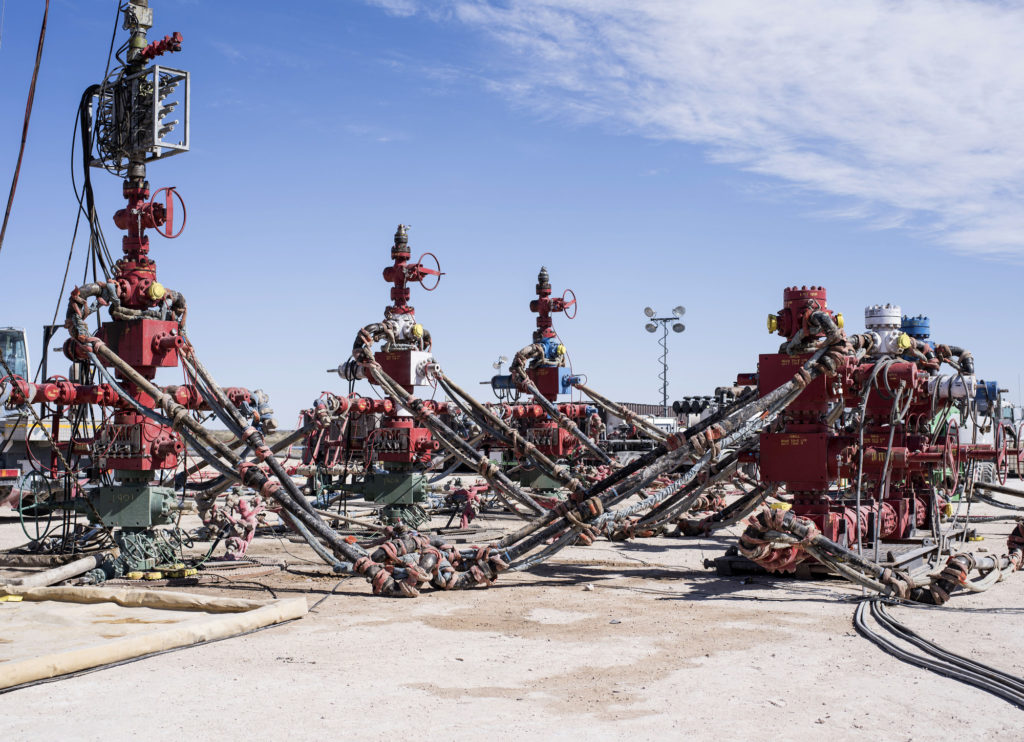
Big Oil is investing more in U.S. shale, not less, after the recent tumble in crude prices.
It’s a far cry from four years ago when OPEC declared war on American shale areas, which at the time had some of the highest costs anywhere in the world and were often the first on the chopping block during tough times.
The cost of shale production has fallen so much since then that it’s becoming a safe haven for major oil companies in times of volatile prices, providing rapid, reliable growth and quick returns even with crude trading for just over $50 a barrel, down by almost a third since the start of October.
The U.S. shale sector has helped boost American production to an average of 10.9 million barrels a day this year, the most on record. Output is forecast to grow a further 11 percent next year, according the Energy Information Administration.
ConocoPhillips said Monday it’s spending half its 2019 budget in the continental U.S., while Chevron Corp. is investing more at home than it’s done for more than a decade, with $3.6 billion going to the Permian Basin alone. Anadarko Petroleum Corp. and Hess Corp., both global operators, plan to increase spending on their American assets more than 40 percent.
Oil’s recent collapse caused “some different allocation going on within the budget,” Conoco Chief Executive Officer Ryan Lance said on Bloomberg TV. “We’re putting more toward our U.S. unconventional position,” he said, referring to shale.
Production growth “slows down at $50 but I don’t think it stops at $50, and it certainly continues if prices get back to $60,” Lance said. Skeptics thought shale “wouldn’t last long, but it’s here, it’s a huge resource and it’s going to be resilient and long lasting.”
Oil companies will spend almost $124 billion in the U.S. next year, a third of total capital expenditure globally, Evercore ISI wrote in a note. That’s a 10 percent increase from a year earlier, while expenditure outside North America is seen growing 7.2 percent.
In the U.S., Conoco wells in the Eagle Ford Shale, Permian and the Bakken field generate cash when prices are around $50 a barrel or more, Lance said. The company pumped 313,000 barrels a day from the three regions combined during the third quarter, or 25 percent of the Houston-based company’s global production.
Conoco alone will increase its shale production 25 percent next year, Lance said. That’s on top of growth of about 35 percent expected this year. The shale revolution is having a bigger impact on energy markets than the development of offshore production in the 1960s, he said.
Recommended for you
